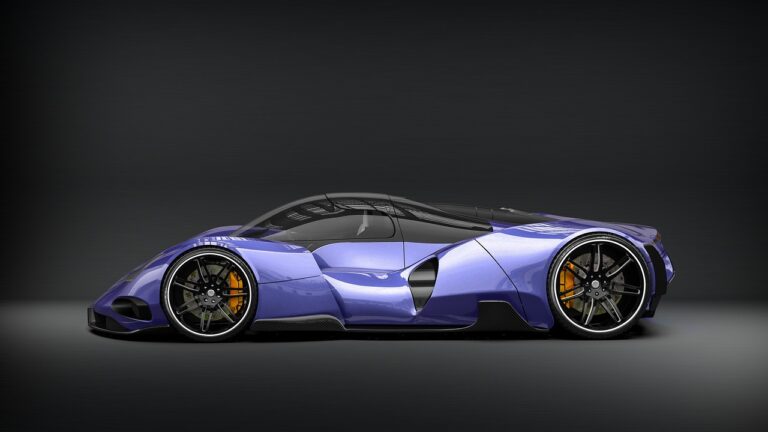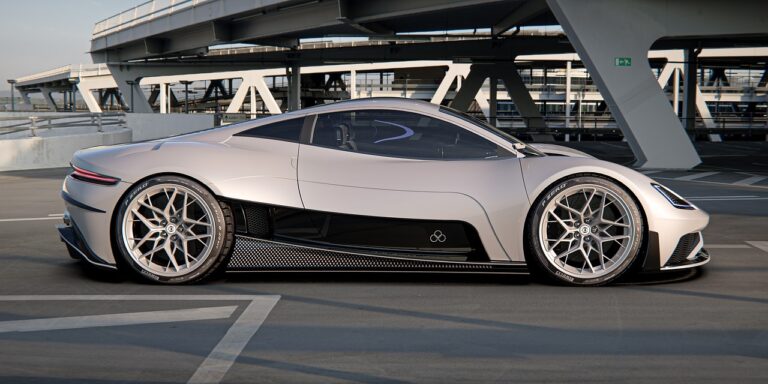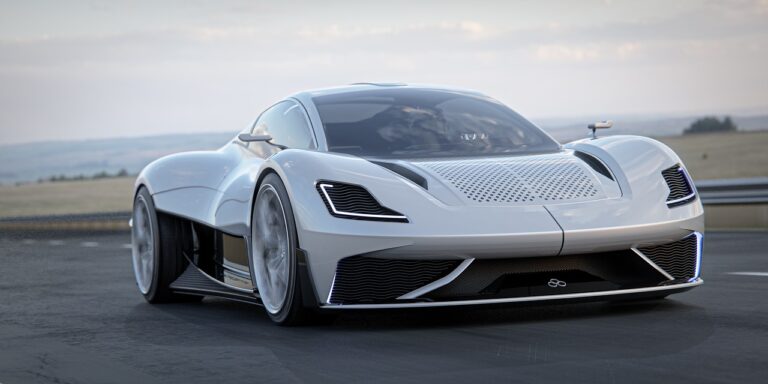The Science behind Hybrid Engine Technology
Hybrid engine technology combines the use of a traditional internal combustion engine with an electric motor to power the vehicle. This dual system allows for increased fuel efficiency and lower emissions compared to conventional gasoline engines. When the vehicle accelerates or requires more power, the electric motor kicks in to assist the gasoline engine, providing a seamless and efficient driving experience.
The design of hybrid engines enables them to capture energy through regenerative braking, where the kinetic energy produced during braking is converted into electricity and stored in the vehicle’s battery for later use. This innovative technology allows hybrids to maximize energy efficiency and reduce fuel consumption, making them a more sustainable transportation option. Additionally, some hybrid vehicles offer the flexibility to drive in full electric mode for short distances, further reducing reliance on gasoline and minimizing environmental impact.
Understanding the Working Principle of Hybrid Engines
Hybrid engines combine the power of an internal combustion engine with an electric motor to improve fuel efficiency and reduce emissions. The internal combustion engine works in conjunction with the electric motor to propel the vehicle, with the electric motor providing additional power during acceleration and absorbing energy during braking.
The electric motor in hybrid engines is powered by a battery pack that can be recharged through regenerative braking or by the internal combustion engine. This allows the vehicle to operate in electric-only mode at low speeds, reducing fuel consumption and emissions. Overall, the combination of the two power sources in hybrid engines offers a more sustainable and efficient driving experience.
Hybrid engines combine the power of an internal combustion engine with an electric motor
Internal combustion engine works with electric motor to propel vehicle
Electric motor provides additional power during acceleration and absorbs energy during braking
Electric motor is powered by a battery pack that can be recharged through regenerative braking or internal combustion engine
Vehicle can operate in electric-only mode at low speeds, reducing fuel consumption and emissions
The Benefits of Using Hybrid Engine Technology
Hybrid engine technology offers a multitude of advantages over traditional combustion engines. Firstly, these engines are more fuel-efficient, combining the benefits of internal combustion engines with electric motors to optimize fuel consumption. This not only helps in reducing greenhouse gas emissions but also enables drivers to save money on fuel costs in the long run. Additionally, hybrid engines provide a smoother and quieter driving experience due to their seamless transition between the combustion engine and electric motor.
Another benefit of using hybrid engine technology is its contribution to reducing air pollution. By using less fuel and producing fewer emissions, hybrid vehicles have a lower environmental impact compared to conventional cars. This not only helps in improving air quality but also promotes sustainability and a greener future. Moreover, the regenerative braking system in hybrid cars allows them to capture energy that would typically be lost during braking and store it for later use, further enhancing their efficiency and reducing overall energy consumption.
What is hybrid engine technology?
Hybrid engine technology combines the use of a traditional internal combustion engine with an electric motor to improve fuel efficiency and reduce emissions.
How does hybrid engine technology work?
Hybrid engines use both the internal combustion engine and an electric motor to power the vehicle. The electric motor assists the engine during acceleration and can also operate independently at low speeds.
What are the benefits of using hybrid engine technology?
Some benefits of using hybrid engine technology include improved fuel efficiency, reduced emissions, lower operating costs, and increased performance.
Are hybrid vehicles more expensive to purchase?
Initially, hybrid vehicles may have a higher upfront cost compared to traditional vehicles. However, the fuel savings and potential tax incentives can help offset the initial cost over time.
Do hybrid vehicles require special maintenance?
Hybrid vehicles do not require special maintenance compared to traditional vehicles. However, it is important to follow the manufacturer’s recommended maintenance schedule for optimal performance.







